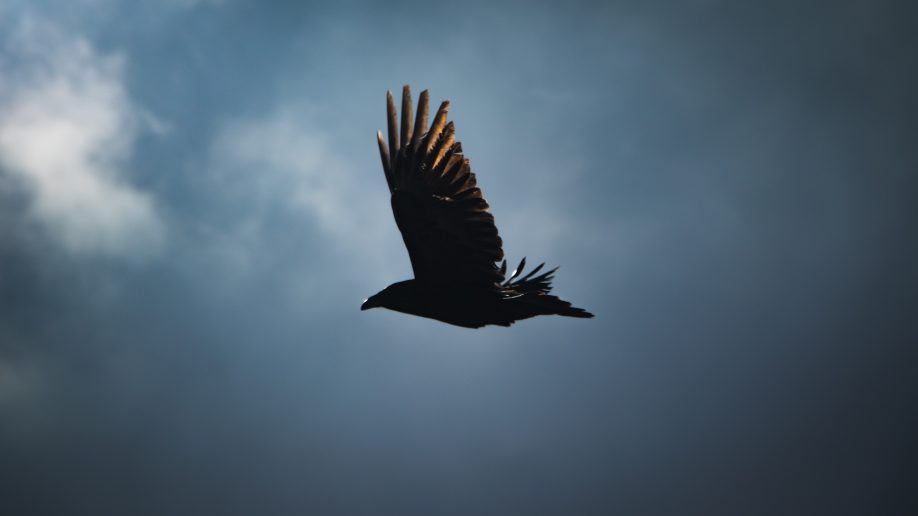by pavlos stavropoulos
TW: sexual assault, violence
We leave the park where we stopped to rest and eat. The temperature is dropping, and we need to move again. Freema is tense. “It’s too quiet. There’s something wrong.”
“It’s early afternoon, nobody will be back yet,” Lupe says.
“This is M-Sec, not the Core. There should be people around.”
Freema’s instincts feel true. If this is the marginal sector, the sector of the unemployed, the workers without contracts, there should be people around. It shouldn’t be empty. The streets shouldn’t be abandoned. The buildings are old and in disrepair, rusty bars on the windows, paint mostly gone, walls patched up here and there—but they feel only recently deserted. There is a precariousness in this emptiness. If this were the wild, I would be listening to the birds. To see what they tell me. To wait for their alarm. But the city has no birds.
“We need to take cover. And find out what’s going on.” Freema is insistent now. She leads us into a narrow alley, framed by buildings with no windows.
“What do we do?” Lupe asks.
Joaquin is quiet but alert, walks to the end of the alley, nods that it’s clear, stays as a lookout.
“I’ll scout and report,” I say. I take a quick look at my pack and fasten it again.
“You shouldn’t go alone.”
“I still have the papers from when I met with Marina. It’s easier for me to pass as an adult. And if something happens, you’re the best to lead them to safety.”
Freema glances at Lupe, then Joaquin. She nods.
I stay mostly on the edge road. It’s quiet here, the quiet that comes with absence. The breeze that chilled us earlier is also quiet now. Still. There is the smell of crackling ozone in the stillness, a storm coming, the trees suddenly holding their breath, pulling their shadows back. My feet become lighter upon the cracked pavement, send rhizal riders through the rifts, deep into the soil, find the nodules, nudge the stories that are buried beneath the facade of calmness. Do not forget us, they murmur. Izquierda.
My body yields to the messengers, turns left. There’s lurking here, heavy with the past. The leaves whisper in the hushed colors of peril. Breath becomes firm, steps feathery. The wind flutters. Wails. No, not the wind.
I see her face first. The wide eyes. The bluish lips. The gloved hand wrapped around her throat. The arm that belongs to the hand. The tan patrol uniform that shields the arm, that shields the violator. There are five more uniformed arms wrapped around her body, pinning her on the wall, spreading her. Her eyes look at me. My feet stick to the pavement. Her glassy breathless eyes. The eyes, now mirrors. The mirror is a fog. The fog that freezes time.
You never get to escape that place, no matter how much time passes, how far you travel. Your body will always be trapped in that place. That moment. The prickling of betrayal, when your body failed you. When your body surrendered. When your body submitted. It’s always there, that prickling; it forever crawls just beneath your skin, just beneath memory. It lurks in the shadows, ready to deceive you. To consume you. Your most faithful companion.
Her eyes fix into yours. They probe you. Her brown eyes are your brown eyes. They pierce time. They pierce space. They are all the bound brown eyes, all the broken bodies, all the untold stories of our broken brown earth.
The prickling crawls beneath your skin, beneath memory. Your most faithful companion. Always there. Always ready. But not to deceive you. To protect you. Her eyes join your eyes, join all the eyes who never submitted. Who never surrendered.
And the skin of you unfolds the story, screams it, unleashes it. The skin of you becomes the shield, becomes the sword, always with you. The skin of you that’s the life that still courses through your body, the body that’s memory, the memory that’s survival, the survival that’s a siren, a warning, a song. The song that’ll teach you how to dance, the dance that’ll wash the shame, the shame which becomes wings, wings that now carry your story, her story, all the stories, all the scars, the scars that become claws, the claws of the hawk, winged claws who strike the arms and shred the uniforms and pierce the silence. The winged claws of the hawk who attacks, who defends, who nourishes. The hawk who now can rest.
The three patrollers are slumped on the cracked pavement. I wipe my bloodied knife, sheath it, and lean to the young woman crumbled against the wall.
“Are you okay?”
She shakes her head. “I don’t know.”
I offer her some water. “What can I call you?”
“They call me Nadi.” She takes a sip, gags, vomits.
“No, Nadi, you’re not okay. But you will be.”
Nadi raises her arm, and I help her stand up. She takes another sip, swishes, spits it out. We start walking away, when one of the patrollers groans and moves a little. Nadi kicks him in the head. Hard. He falls silent again. I take her hand, and we head back to meet the others.
This is an excerpt from a YA speculative novel in progress.

pavlos stavropoulos is originally from Athens, Greece. pavlos currently resides in Colorado, USA, works in social and environmental justice education, writes queer speculative fiction, and translates Greek literature into English. They attended the Princeton Hellenic Translation Workshop and are a member of the Lighthouse Book Project. They have translations published at Asymptote, Exchanges, New Poetry in Translation, Denver Quarterly, and Timber, and poetry published in The Progenitor.


